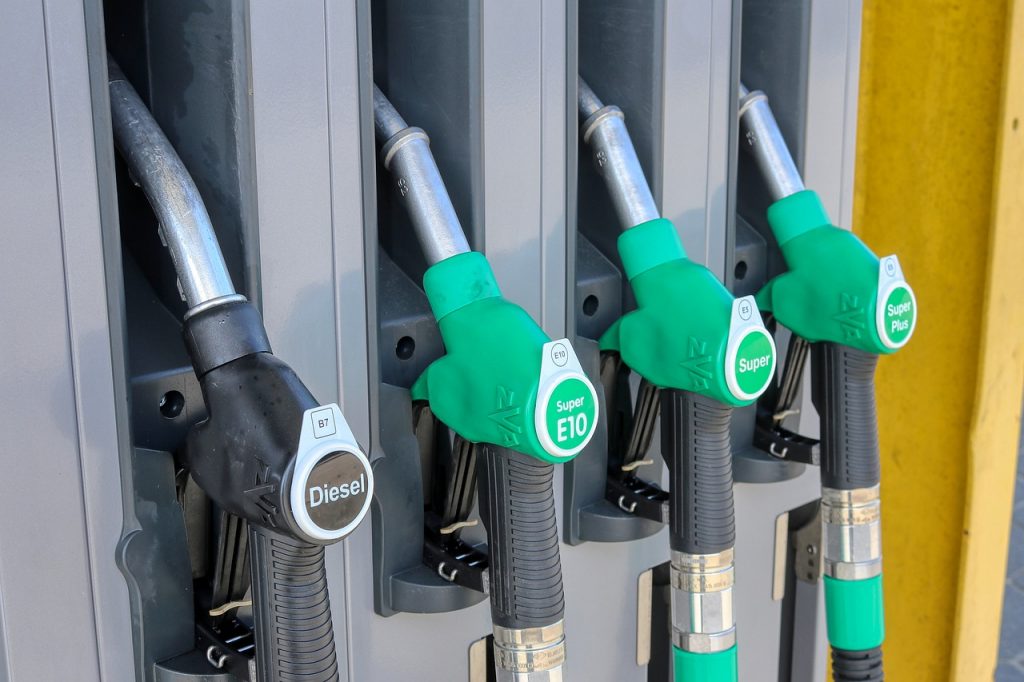All The Reasons Why Gas Prices Are Actually Going Down
Gas prices have been dropping consistently, many contribute this to President Biden's strategic release of US oil reserves, but the bigger reasons why prices have dropped directly correlate to the end of summer and the easing of smog-reducing gasoline restrictions.
This article is more than 2 years old
After a summer of record-high costs, gas prices are finally stabilizing in America. Many believe that these costs deflating could be from Biden releasing more than 180 million barrels from the nation’s oil reserves since the beginning of 2022. Though this may be true, other external factors are likely more influential to this price drop, like less demand in the fall and winter and termination of energy regulations.
In the United States, politicians are often blamed for gas prices skyrocketing and congratulated when they go down. But there’s a more complex story to fossil fuel costs than focusing on the president’s decisions. Most times, tangential factors like limited government oversight, international relationships, capitalism, and excess demand are more prominent than a sole presidential resolution.
One of the main reasons gas prices are finally falling in October is due to a driving decrease that happens every year after the summertime. Summer is a popular time for driving, with many taking road trips or those living in colder states getting out of their homes more frequently. When fall and winter hit, driving in the United States reduces, ultimately affecting gasoline demand which stagnates costs.
Another factor analysts attribute this price decrease to is a termination of previous gas regulations. During the summertime, gas stations are often pushed to sell gas blends to fight smog during the humid months, which requires cleaner and more expensive fuel. This termination occurs after every summer, driving general gas prices down after August ends.
Though the United States dollar is currently the strongest it was two decades ago, many are worried that 2023 will catalyze an economic recession. Many Americans are anxious about the unstoppable inflation climb, which the Federal Reserve and the federal government have yet to stabilize. The fear of a looming recession and soaring prices lessens the reliance on gas and oil since people have less money to spend on nonessential travel.

Since June, Americans have experienced a steady decline in gas prices from coast to coast. According to CNN, the national average dipped for 98 straight days from a record-breaking $5.02 per gallon to $3.68 a gallon in September. Though it was promising that gasoline costs would continue to dip, the national average went up again by 18 cents, galvanizing President Biden and his team to take immediate action preceding the midterms.
In fears that gas prices would continue to climb and that this increase would affect his polling, Biden announced he would release 15 million additional barrels of oil from the United States petroleum reserve next month. This move helped reduce U.S. barrel costs by 3%, now trading at $82.82 each.
Biden’s move to take more oil barrels from the petroleum reserve was also informed by Hurricane Ian, potentially disrupting oil refineries in the Gulf of Mexico. Many companies took preventive measures before the hurricane dissipated, closing refineries that could have been affected by the storm’s unpredictable path. Though these closures were only temporary, politicians were worried that extended hiatuses would escalate oil prices again.





